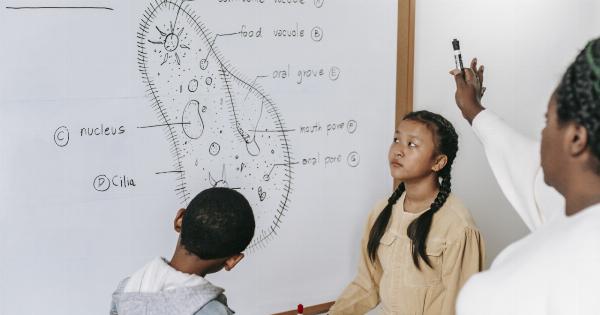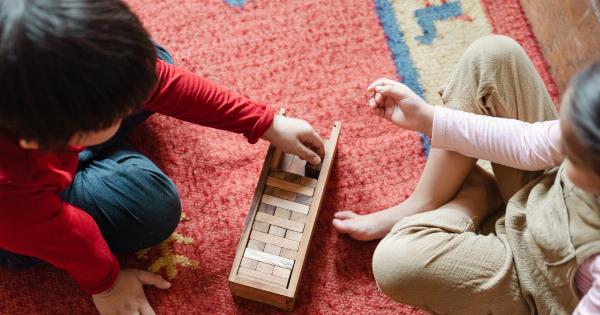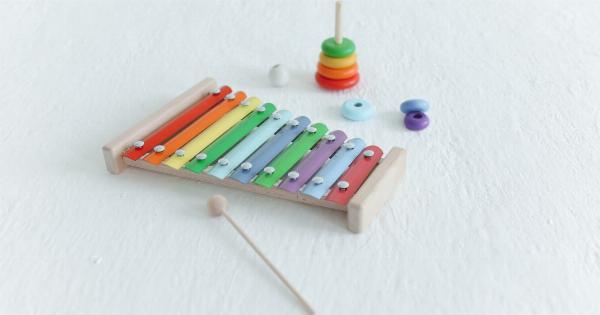As a parent or caregiver, dealing with toddler temper tantrums can be overwhelming and stressful.
It’s important to understand that tantrums are a normal part of a toddler’s development and are simply a way for them to express their emotions and frustrations. In this article, we will discuss some strategies for dealing with toddler tantrums that can help both you and your child navigate this challenging time.
1. Stay Calm
It can be easy to become frustrated or upset when your toddler is having a tantrum, but it’s important to stay calm and composed.
Toddlers are highly attuned to the emotions of others, so if you become upset or agitated, your child may become even more upset. Take deep breaths, count to ten, or do whatever you need to do to stay in control of your emotions.
2. Validate Their Feelings
When your toddler is having a tantrum, it’s important to recognize and acknowledge their feelings.
You can say something like “I know you’re upset” or “I understand you’re frustrated.” By validating their feelings, you can help them feel heard and understood, which can often be enough to calm them down.
3. Offer Choices
Toddlers often feel like they have no control over their lives, which can contribute to tantrums. Offering choices can give them a sense of autonomy and make them feel like they have some control over the situation.
For example, you could offer them a choice between two snacks, or ask if they’d like to wear the red shirt or the blue shirt.
4. Distract Them
If your toddler is upset about something that you can’t change (like leaving the park), distracting them with something else can be helpful.
You could start singing a song, pointing out an interesting object, or showing them a picture on your phone. Sometimes, a change of scenery or activity can help them forget about what was upsetting them.
5. Ignore Mild Tantrums
Sometimes, a tantrum is really just a request for attention. If your child is having a mild tantrum (whining, pouting, etc.), ignoring it can often be the best strategy.
This teaches your child that they can’t always get what they want by throwing a fit, and it can also prevent the tantrum from escalating.
6. Set Limits
While it’s important to be understanding of your child’s emotions, it’s also important to set limits and boundaries.
Letting your child do whatever they want can actually increase their anxiety and frustration, which can lead to more tantrums. Choose a few non-negotiable rules (like no hitting or biting) and be consistent in enforcing them.
7. Time-Outs
If your child is having a full-blown tantrum that is disruptive or dangerous, a time-out may be necessary. This can be a designated spot (like a chair or a corner) where your child goes to calm down.
It’s important to use time-outs sparingly and to explain to your child why they are going to time-out. When your child is calm, you can discuss what happened and what they can do differently next time.
8. Offer Positive Reinforcement
Tantrums can be exhausting for both you and your child, but it’s important to remember to offer positive reinforcement when your child behaves well. Praise them for sharing, using their words, or calming down quickly.
This can help them learn that good behavior is rewarded.
9. Take Care of Yourself
Caring for a toddler who is prone to tantrums can be draining, so it’s important to take care of yourself. Take breaks when you need to, get enough sleep, and make time for activities you enjoy.
When you are well-rested and relaxed, you’ll be better equipped to handle tantrums when they arise.
10. Seek Professional Help If Needed
If your child’s tantrums are severe or frequent, it may be helpful to speak with a professional.
A pediatrician, therapist, or counselor can help you develop strategies for managing tantrums and may be able to identify any underlying issues that may be contributing to the behavior.






























